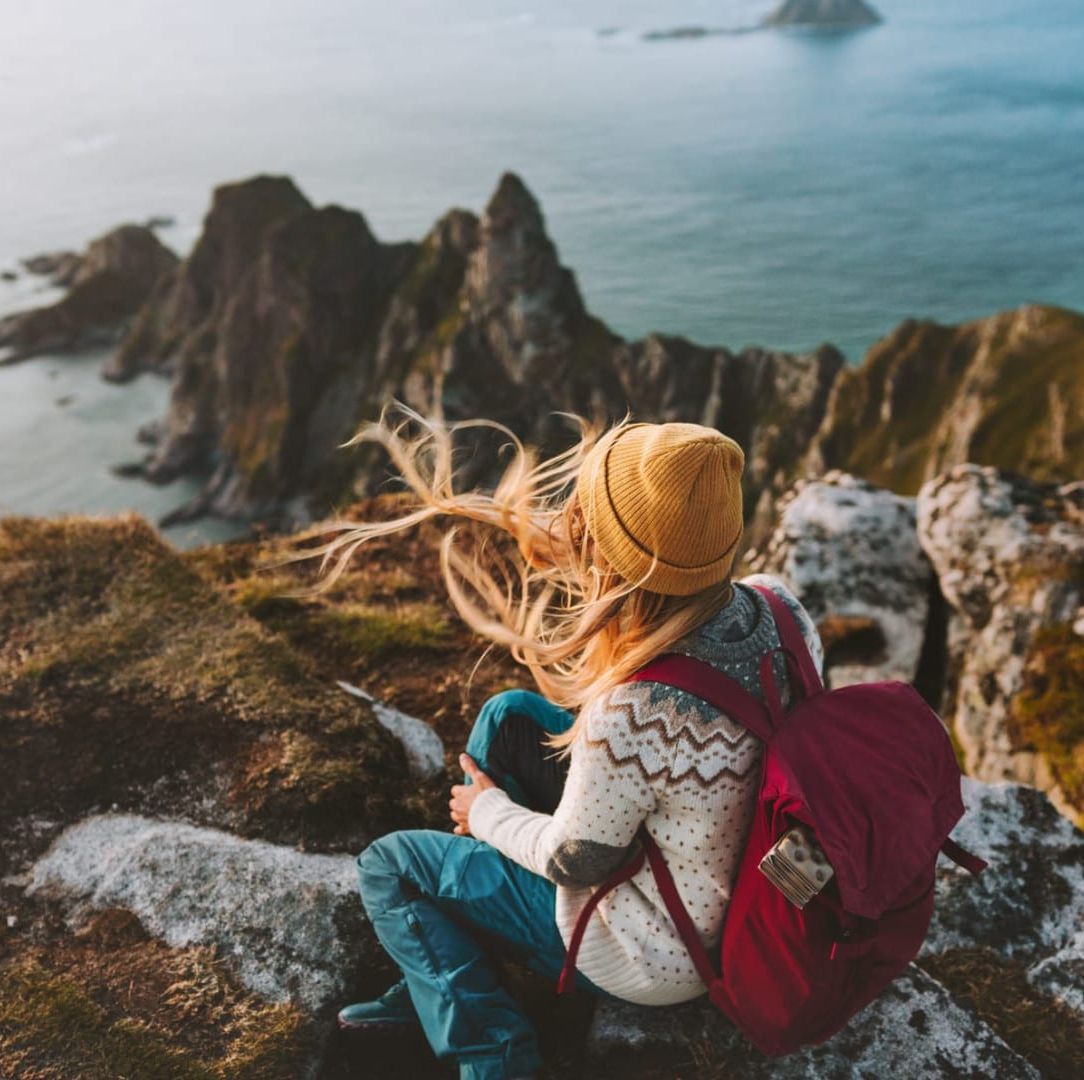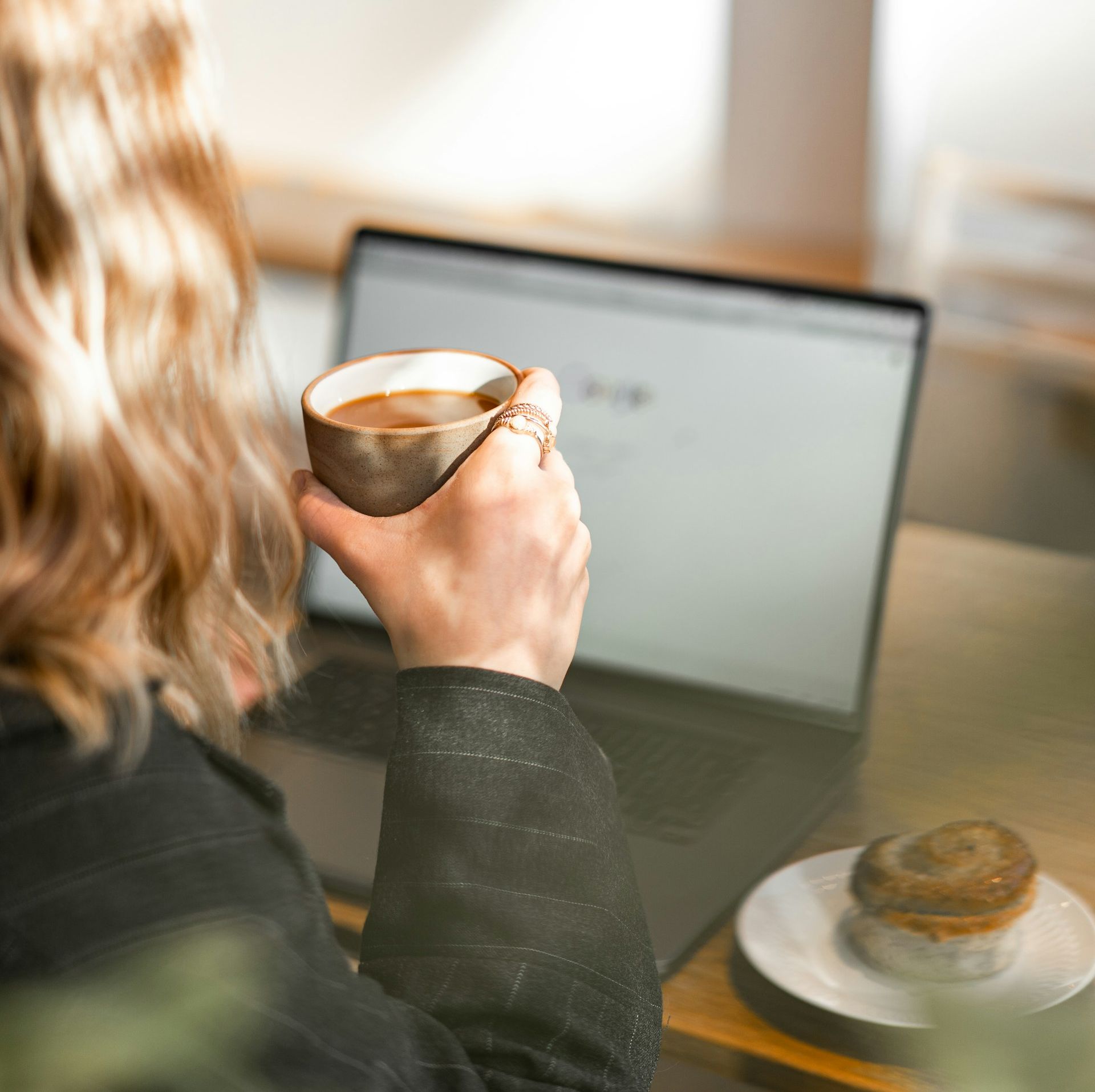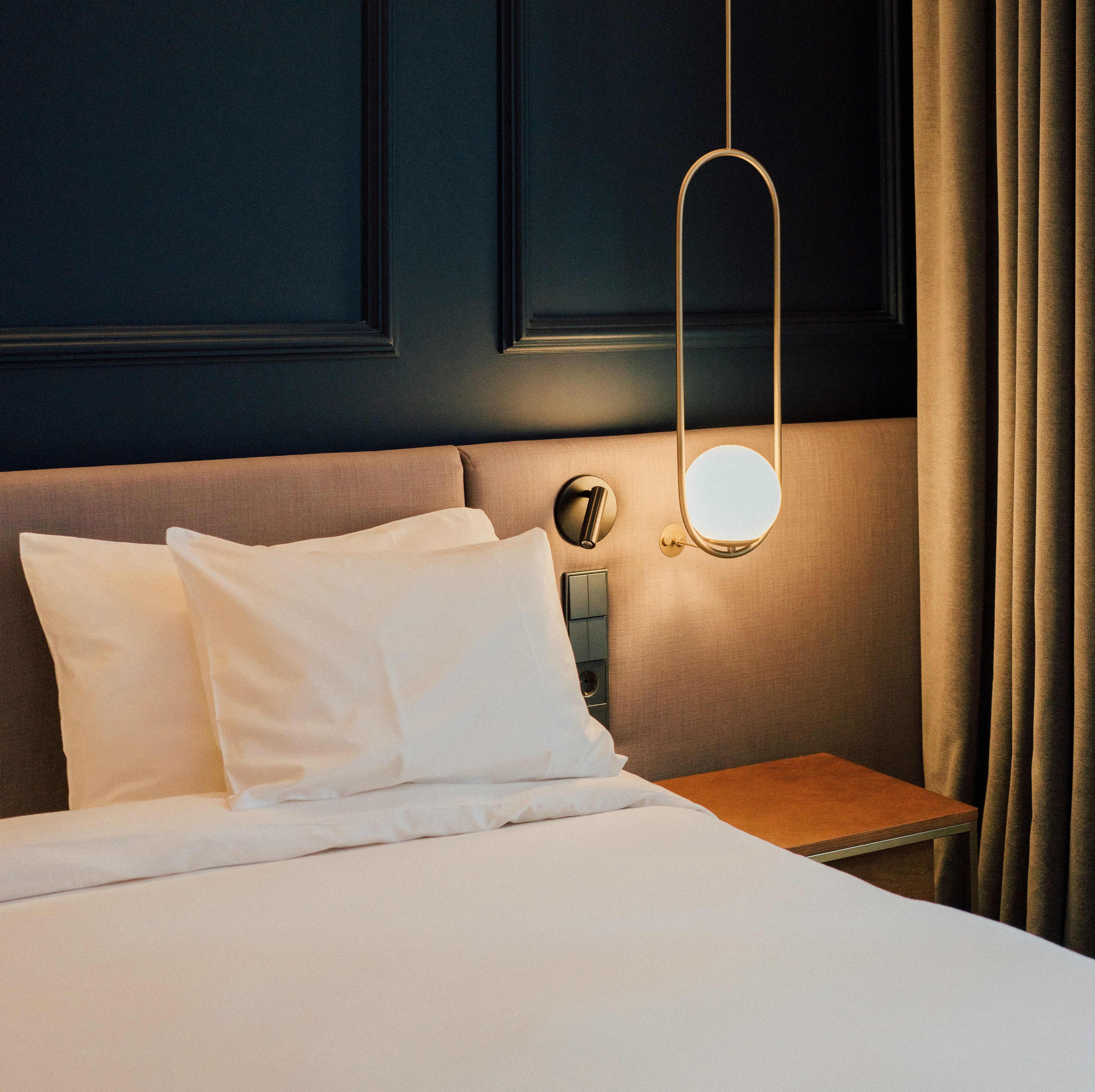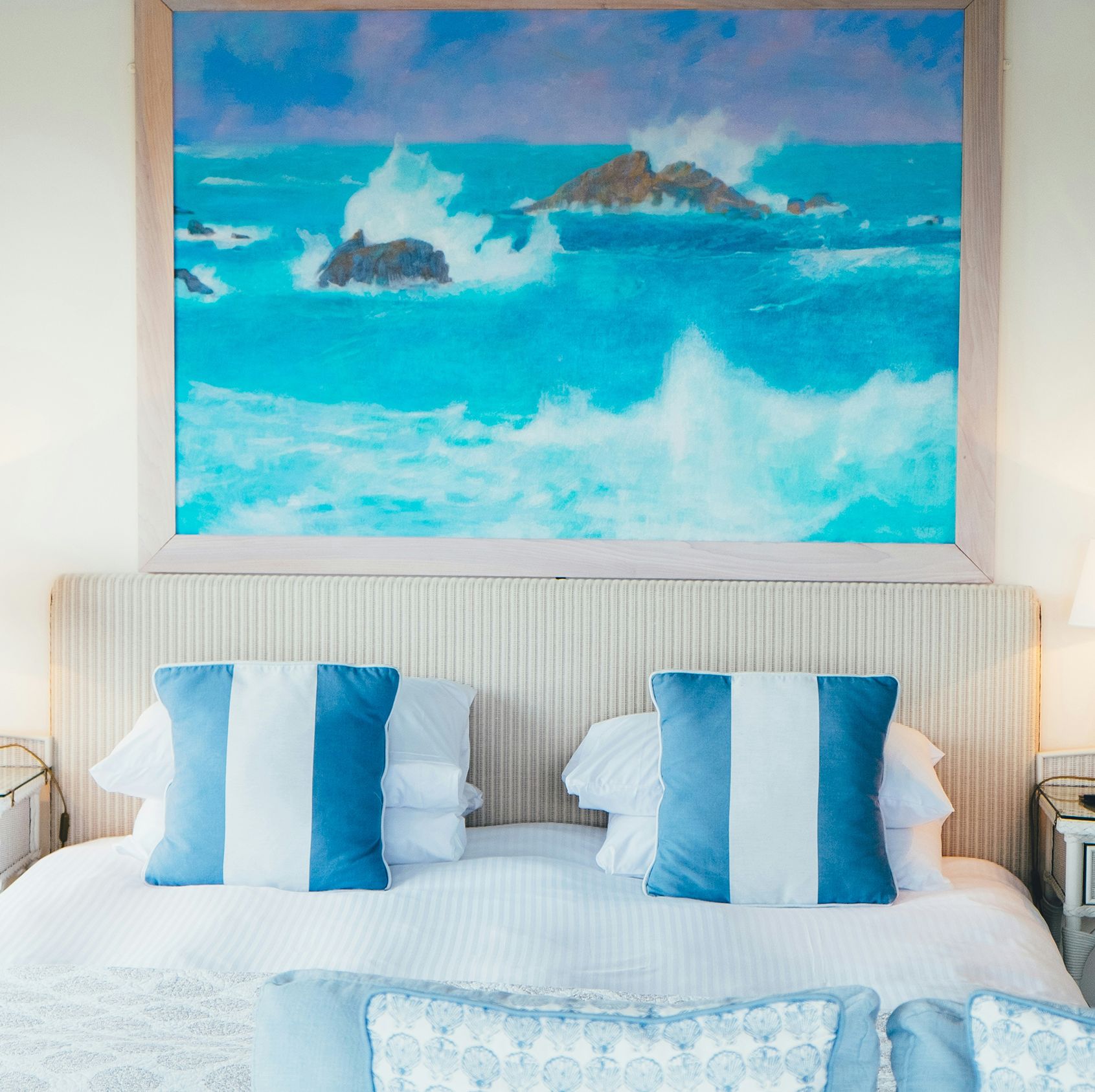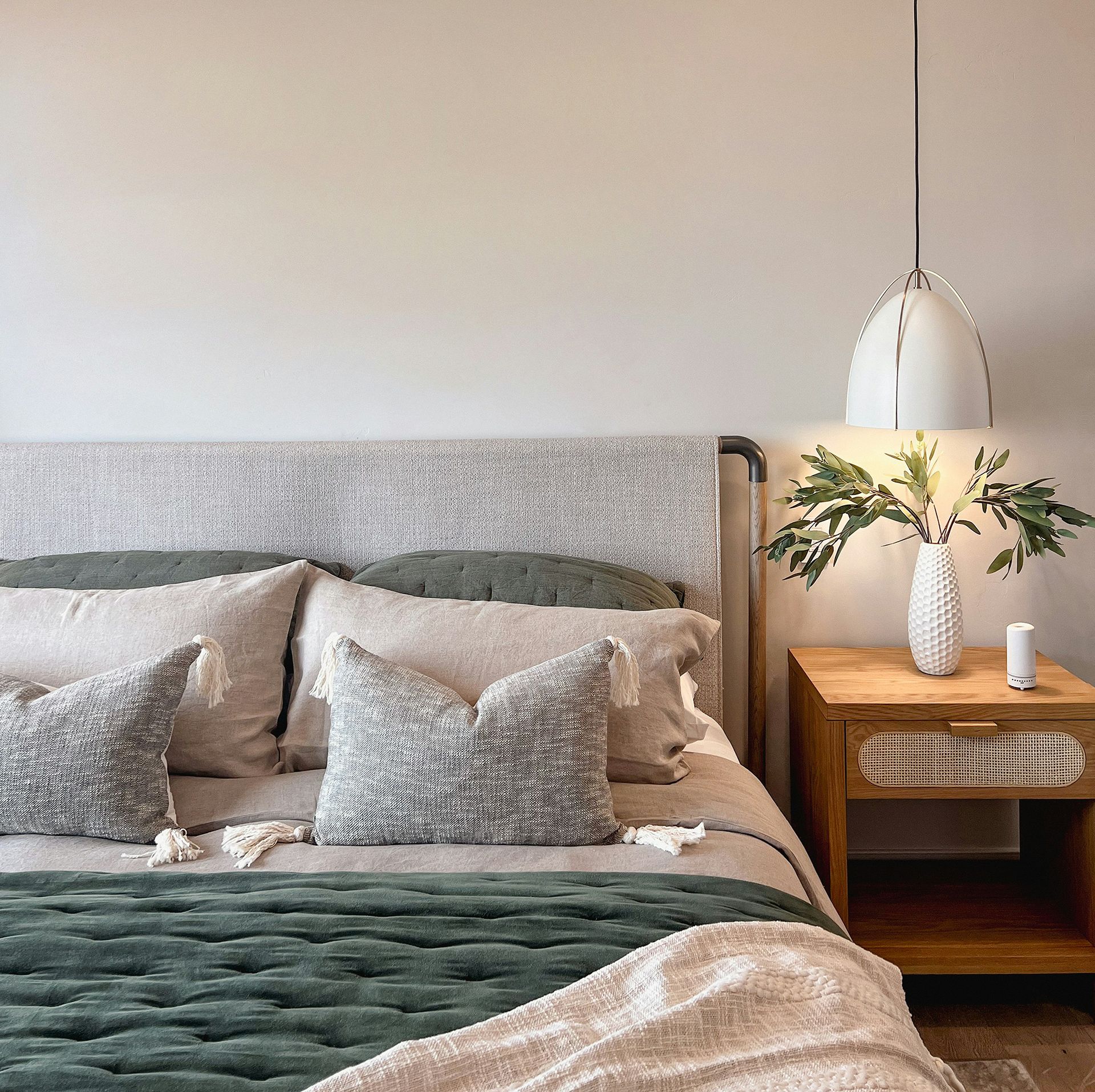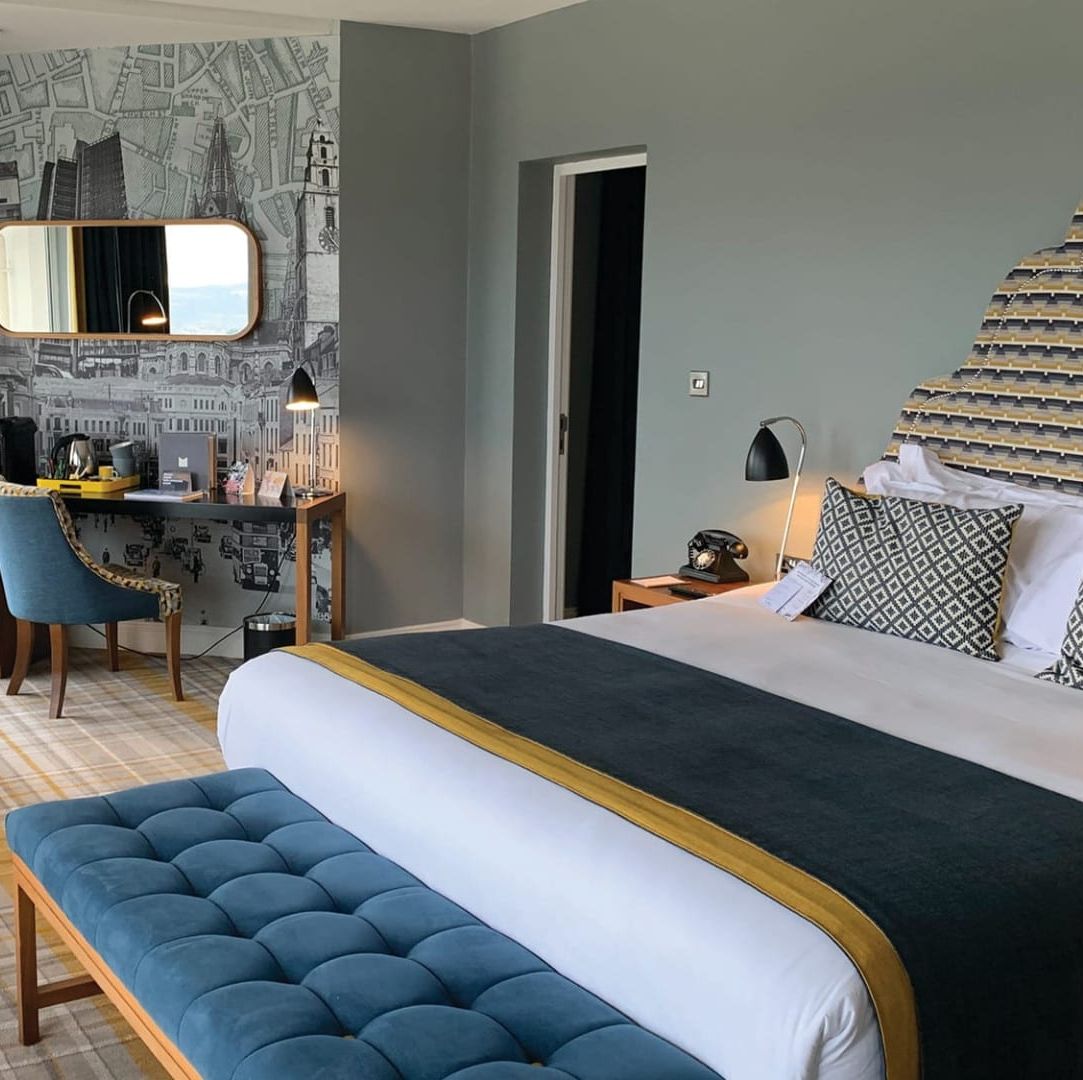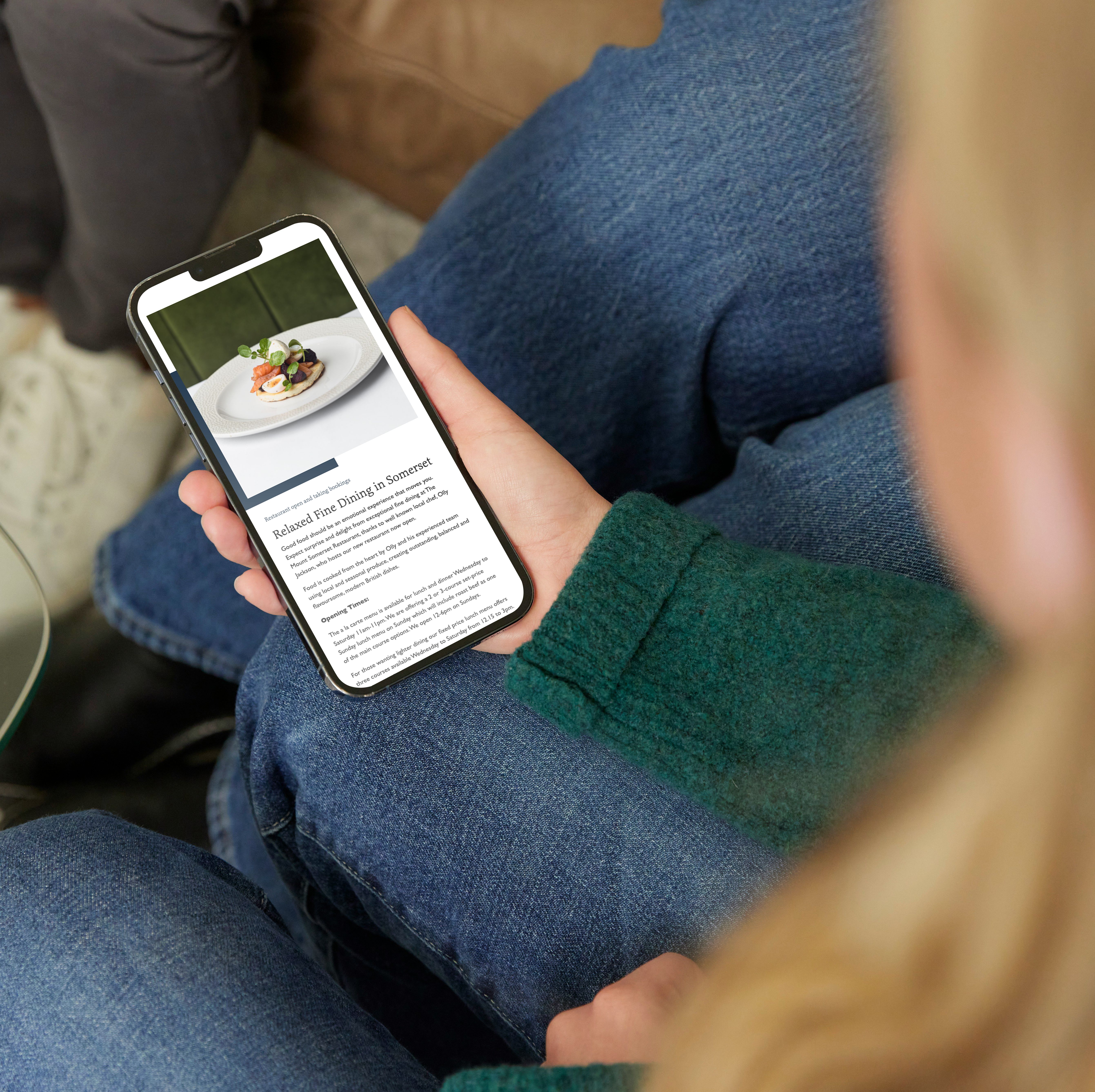Staycations: Here To Stay
Our team recently attended an insightful Webinar on the staycation trend. The head of Allegro INNovations, Sander Allegro, joined with hoteliers, Will Ashworth (Watergate Bay Hotel, Another Place Hotel Collection and Beach Retreats) and Vincent van Dijk, (Hotel Night Festival and Partner of HBMEO) to discuss the UK staycation and its role in post-COVID hospitality.
Here are some of their insights, with our own analysis on why ‘near me’ is the new far-flung.
UK is the staycation nation
Why? It has undeniable appeal to Brits and beyond.
The cheap carrier packages of the nineties have lost their sheen. The UK is a melting pot, full to the brim with eclectic history, culture, and scenery and its inhabitants are discovering its diverse appeal. The UK hospitality industry is becoming ever more creative as holidaymakers seek out diverse experiences. Forage sea kelp on our beaches, switch off in remote yurts and cabins, or enjoy a weekend break in vibrant cities like Manchester, Norwich, and Dundee.
The Rise of Flygskam
Staycations are also increasing thanks to the ‘Greta effect’, which has ushered in a new era of eco-conscious travel.
The Swedish campaigner, Greta Thunberg, is mostly known for her "Fridays For Future" climate strike but she is also an advocate of the flygskam (flight-shame) movement. The teen gave up flying for the environment and received worldwide media attention for choosing to travel through Europe, Canada, and the Americas by train and to cross the Atlantic on a wind-powered boat.
Air travel gives us tropical paradises, skiing, and winter sun, but this all comes at an ugly price. The aviation industry is responsible for around 860 million metric tons of carbon dioxide every year, which is around two per cent of total global greenhouse gas emissions. And these figures are set to soar. The International Civil Aviation Organization projects that emissions from air travel will grow between 300 and 700 per cent by 2050 compared to 2005 levels.
Many travellers are realising that they are part of the problem. From the sinking Maldives to the melting Alps, some of the world's finest ecosystems and cultures are being irreversibly damaged by tourism.
Think Global, Act Local
We're learning to buy local to nurture our communities and reduce air miles. The grass at home can be greener. Not only that, but right now it is cheaper and safer too.
The post-Brexit exchange rate means it is more expensive for UK residents to holiday in the Eurozone. Our economy relies heavily on tourism, so we should be trying to make more money from domestic travel. As Brits we love to holiday, and we spend a great deal more abroad than foreign visitors do in the UK. This has led to the UK having the second largest tourism deficit, after China. Wouldn’t it be nice if more of that cash flow was re-invested in our economy? Now is a unique opportunity to win over those spenders and keep their cash.
Localism will no doubt also be strengthened by the Government’s talk of travel bubbles within the UK. Recovery will be quicker if we can minimise the spread of infection by staying local. We've talked about responsible travel in terms of overtourism, but responsible travel in a pandemic is a new thing entirely. Beyond altruism, travelling far is riskier right now. No one wants to be quarantined or stranded abroad - particularly without the National Health Service - should a second wave pandemic hit.
England’s Coast Path
England took second place in Lonely Planet’s Best Places to Travel in 2020. The annual competition ranks submissions based on their “topicality, unique experiences, and ‘wow’ factor”. What gave England the edge? Our island has a whopping 2,795 miles of stunning coastline, from craggy headlands, bone-white cliffs, sweeping bays and broads teeming with wildlife. For the first time in history, these will be linked by the longest coastal path in the world.
Slow Living
Lockdown has given everyone a taste of slow living akin to being on holiday. The twelve weeks of home isolation have been a long overdue reset. We have slowed down, and re-evaluated what matters in our lives.
As a country, we battle high stress levels and mental health issues. This could be due in part to our tendency to value GDP and productivity over quality of life.
Many people feel time poor. It is not so much that people are overworked but that they are spending more time in paid work, to the detriment of other satisfying forms of labour. These include daily exercise, cooking and gardening. All of these have had resurgences in popularity, as Brits tune in to the Body Coach, make pasta with Jamie Oliver, and plant veg.
Those who have been furloughed, sent home from school or university, or have had their commute shaved off the working day are enjoying record levels of free time. People have had more time for self-care and hobbies. Those who have been getting eight hours of sleep, 10,000 steps a day, a homemade meal and quality time for hobbies or family, won’t give these up lightly.
We expect people to use their holidays to help them recapture this fine balance and stay on track in their good intentions.
With the nation at home, traffic and pollution have fallen, giving our wildlife a reprieve. Many native species have thrived and air quality has improved by up to 60% in some UK cities.
These advantages to life during the pandemic have sparked a debate as to whether people actually want things to return to normal.
What We’re Searching For
It might surprise you to know that the most searched for holiday terms are:
- Rural
- Coastal
- Solitude
Rural and coastal destinations have always been popular but now these are outstripping city breaks. The shift is indicative of a real desire for social distancing. Our crowded cities have become associated with carriers and infection, while the great wilds offer freedom and safety.
What's next?
Watergate Bay in Cornwall shared details of its reopening, which we think highlight some important considerations for businesses planning to do the same.
Watergate Bay will reopen from the 4th of July unless Government guidance changes. The hotel stressed the need to wait for Government requirements to be set in stone before they can demonstrate to their staff and guests that the hotel is safe. They are also awaiting guidelines from Visit Cornwall and other tourism bodies.
The need to socially distance will increase the role of technology within hotels, with menus and other information potentially moving online. With that said, hospitality will have to find a balance between meeting guidelines and preserving the warmth, character, and personal touch that guests love.
At Watergate Bay, the need to restrict spa treatments has led to creative new offerings, like a wood fired pizza pop-up on the beach and the potential to move some treatments outside.
The team at Watergate Bay are not too concerned about travel restrictions. 20% of their guests live just one and a half hours drive away and they are likely to attract more close to home guests this summer. Even if people cannot travel far, twelve weeks of being virtually housebound will make a hotel a few miles down the road seem like another world.
The End of the Commuter Town?
George Ezra wrote one of his albums during a two week solitary stay in a cabin on the Norfolk broads. Such a set-up was wildly inaccessible to office workers before lockdown. Now it could become the norm.
Millions of people are remote working for the first time, but from July onwards that needn’t be from home. Some people are already looking for locations where they can continue to work but with a garden, better views and more space. Rather than cramming every bit of luxury into a weekend stay, these guests are looking to book up weeks and even months. They’ll work through the day then live like a local in the evenings and weekends. This applies to families taking their brood to the country for fresh air and big skies, but also to lone wolfs looking for peace and seclusion.
The Staycation: Going Nowhere
Holidaying in the UK is all about exploring its diverse attractions, and seeing your home country in a new light. The message is clear: you don't need to get on a plane or transfer currency to have an adventure.
Think beyond the accommodation: what experiences can guests have? Rather than promoting hotel rooms, offer wine tasting or mixology classes in your safe environment. You can co-operate with other organisers, such as outdoor activity leaders and tour guides. Similarly, you could team up with other hotels to offer a collaborative package of multiple hotel stays, such as a city and coastal break. This is a great way to benefit from each other’s strengths.
For help marketing your staycation:
